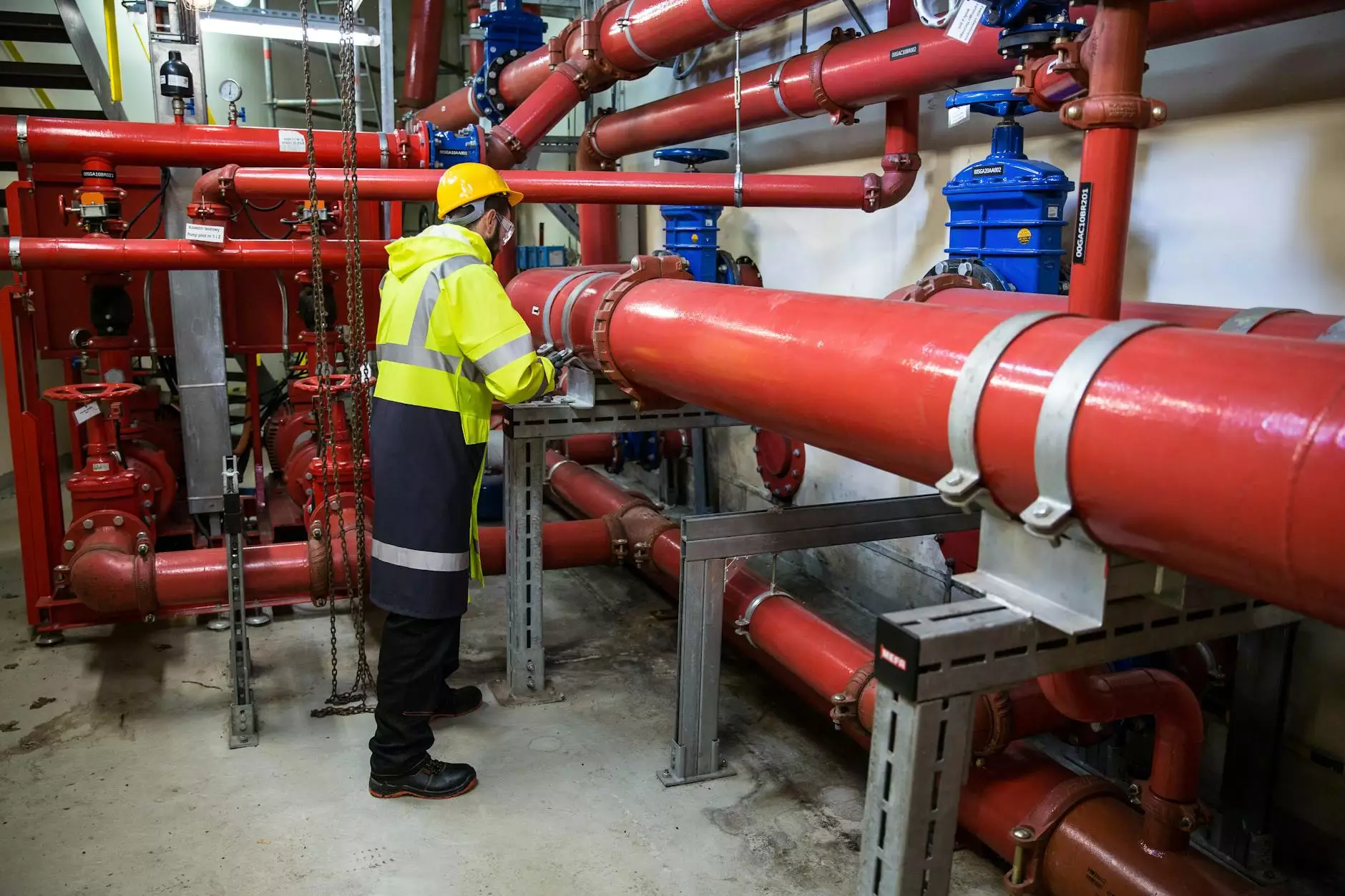Exploring the Potential of Carbon Fiber Panels for Cars

In the ever-evolving world of automotive engineering, carbon fiber panels have emerged as a game-changing innovation. These composite materials are not just a trend; they symbolize a significant leap in performance, efficiency, and aesthetics for vehicles. With the rising demand for lightweight yet durable components, understanding the benefits and applications of carbon fiber panels is essential for both manufacturers and consumers alike.
Understanding Carbon Fiber: An Overview
Carbon fiber is a polymer that is composed of thin strands of carbon atoms. When woven together, these fibers create a lightweight, incredibly strong material that makes it ideal for various applications, particularly in the automotive industry. The typical properties of carbon fiber include:
- Lightweight: Carbon fiber is significantly lighter than steel and aluminum.
- Strength: It boasts an impressive tensile strength, making it very durable.
- Corrosion Resistance: Unlike metals, carbon fiber doesn't rust or corrode.
- Stiffness: Carbon fiber panels provide excellent rigidity, important for structural integrity.
The Advantages of Utilizing Carbon Fiber Panels for Cars
When manufacturers consider materials for vehicle production, the advantages of carbon fiber panels cannot be overlooked. Here are some compelling reasons why they are gaining popularity in the automotive sector:
1. Weight Reduction
One of the most significant advantages of using carbon fiber panels for cars is their ability to reduce the overall weight of the vehicle. Lighter vehicles lead to better fuel efficiency, enhanced acceleration, and improved handling. By substituting traditional materials with carbon fiber, vehicles can achieve:
- Lower fuel consumption
- Reduced CO2 emissions
- Improved speed and performance
2. Enhanced Performance
Automakers are continually striving to enhance the performance of their vehicles. Implementing carbon fiber panels directly contributes to superior handling and responsiveness. As a result of less weight and more rigid structures, drivers experience:
- Increased stability at high speeds
- Better cornering capabilities
- Overall improved driving dynamics
3. Aesthetic Appeal
Besides functional advantages, carbon fiber panels provide a modern and sleek appearance to cars. Many luxury and performance vehicles opt for carbon fiber accents, showcasing:
- Custom finishes
- A sporty and modern look
- Opportunities for personalization and customization
Applications of Carbon Fiber Panels in Vehicles
Carbon fiber panels are versatile and are used in various components of vehicles. Here are some of the primary applications:
1. Body Panels
Innovatively crafted carbon fiber body panels are becoming commonplace in high-performance sports cars. These panels significantly reduce weight while maintaining structural strength, which is critical for performance vehicles.
2. Interior Components
Beyond the exterior, carbon fiber can enhance interior aesthetics and performance. Elements like dashboard trim, center consoles, and door panels can be made from carbon fiber, providing a premium lifestyle upgrade for luxury car owners.
3. Structural Reinforcements
Used in the chassis and other structural elements, carbon fiber panels offer unparalleled strength-to-weight ratios. This reinforces the vehicle safety and crashworthiness without compromising performance.
4. Racing Applications
In motorsport, carbon fiber is a standard choice due to its weight-saving and strength properties. Race cars heavily utilize carbon fiber panels to achieve peak performance and speed, often becoming the standard for professional racing teams.
Challenges and Considerations When Using Carbon Fiber Panels for Cars
While the benefits of carbon fiber are many, there are challenges associated with its use in automotive design. Manufacturers must consider:
1. Cost
The production of carbon fiber components can be significantly more expensive compared to traditional materials. This can affect the overall price of the vehicle and limit its use to higher-end models.
2. Repair and Maintenance
Repairing carbon fiber panels can be more complex. Damage often requires specialized knowledge and techniques, adding time and cost to repairs.
3. Manufacturing Complexity
The processes involved in producing carbon fiber components can be intricate, requiring specialized equipment and processes, which can lead to longer production times.
Future of Carbon Fiber in the Automotive Industry
The future of carbon fiber panels for cars looks promising. With ongoing advancements in technology, the challenges associated with carbon fiber manufacturing and repair are gradually being addressed. Innovations could further reduce costs, improve manufacturing processes, and enhance sustainability.
Emerging Technologies
Advances in composite materials and recycling technology are paving the way for broader adoption of carbon fiber panels. As techniques improve, we may see:
- Lower production costs
- Easier recycling processes
- More widespread use in mid-range vehicles
Sustainability Considerations
With increasing attention on sustainability, companies are exploring ways to reduce the environmental impact of carbon fiber production. Future innovations may focus on:
- Using bio-based carbon fibers
- Improving lifecycle management through recycling
- Creating more environmentally friendly resins
Choosing the Right Provider for Carbon Fiber Panels for Cars
Investing in carbon fiber panels requires finding a reliable supplier. Here are some tips for selecting the right provider:
1. Quality Assurance
Ensure that the supplier adheres to industry standards and provides quality certifications for their carbon fiber products.
2. Customization Options
Look for suppliers that offer customization to meet your specific needs, whether in design, size, or weight specifications.
3. Proven Track Record
Research the supplier's history in the industry, checking their previous projects and client feedback to gain insight into their reliability.
Your Future in Automotive Innovation Starts Here
As the automotive landscape continues to evolve, the integration of carbon fiber panels for cars will play a crucial role in driving performance and sustainability. Embracing this technology is not just about enhancing your vehicle’s aesthetics; it's about pioneering into a future where efficiency and durability go hand-in-hand.
Conclusion
In conclusion, carbon fiber panels have fundamentally redefined the automotive industry, showcasing significant benefits that cater to both performance and design aspirations. For automotive enthusiasts seeking to elevate their vehicles, exploring options for carbon fiber components is a compelling avenue. As you consider upgrades, remember to consult reputable suppliers like CustomClass.net, who specialize in top-tier auto parts and supplies, ensuring you make informed decisions for your automotive journey.









